New Delhi, October 04: India has formally requested Canada to repatriate approximately 40 diplomats by October 10, marking a significant development in the escalating diplomatic rift between the two nations.
The request comes in the aftermath of allegations made by Canadian Prime Minister Justin Trudeau, who publicly accused the Indian government of being involved in the killing of Khalistani terrorist Hardeep Singh Nijjar in Canada.
PM Trudeau, addressing the reports, emphasized the critical role of diplomats in supporting Canadian nationals abroad and reiterated the importance of their presence in India.
The diplomatic standoff between India and Canada intensified when Canada expelled a senior Indian diplomat, Pavan Kumar Rai, in response to Trudeau’s allegations. India reciprocated by expelling a “senior Canadian diplomat” and suspending all visa services for Canadian citizens.
Official Responses:
The Canadian High Commission in India cited social media threats as a primary reason for adjusting its staff presence in the country, a move that India disputes.
Indian authorities claim that the reduction in diplomatic staff was initiated to achieve parity in diplomatic representation, and discussions between the two nations are reportedly ongoing to address this issue.
According to reports from the Financial Times, Canada had 62 diplomats in India, and New Delhi instructed them to reduce this number by 41 individuals. The Associated Press (AP) independently verified this report.
However, Both the High Commission of Canada in New Delhi and India’s Ministry of External Affairs have declined to comment on the Financial Times report.
Growing Diplomatic Rift:
Trudeau stated that Canada does not seek to escalate the diplomatic dispute and expressed a commitment to maintaining constructive relations with India during these challenging times.
Nevertheless, the Indian side has been questioning Trudeau’s sincerity in maintaining good relations with India, given his lack of action against the Khalistani extremist threats to Indian diplomats and the Indian diaspora in Canada.
Indian External Affairs Minister S Jaishankar previously stated that assassinations were not consistent with India’s policy and accused Canada of not taking Indian concerns about Khalistani activities seriously.
Previous media reports suggested that Canadian intelligence possessed evidence implicating Indian diplomats in the Nijjar killing. However, the Indian government continues to assert its willingness to examine any evidence but maintains that no such evidence has been shared with them thus far.
Global Response So far:
The United States has urged India to cooperate with the Canadian investigation into the matter.
Australian Foreign Secretary and Deputy US State Department spokesman expressed deep concern regarding the allegations and emphasized the importance of the investigation proceeding and the perpetrators being brought to justice.
However, there was no backlash against India, which Canadian authorities were hoping for. Instead, Canada’s Western allies were advocating for India’s UNSC permanent seat in the UN General Assembly.
The situation remains fluid, but Prime Minister Trudeau’s allegations, made without concrete evidence, and his perceived lack of seriousness in addressing concerns about the sheltering of Khalistani extremism, have raised concerns about the future of India-Canada relations. The diplomatic tension between the two nations continues to cast a shadow over the prospects for reconciliation and cooperation.






